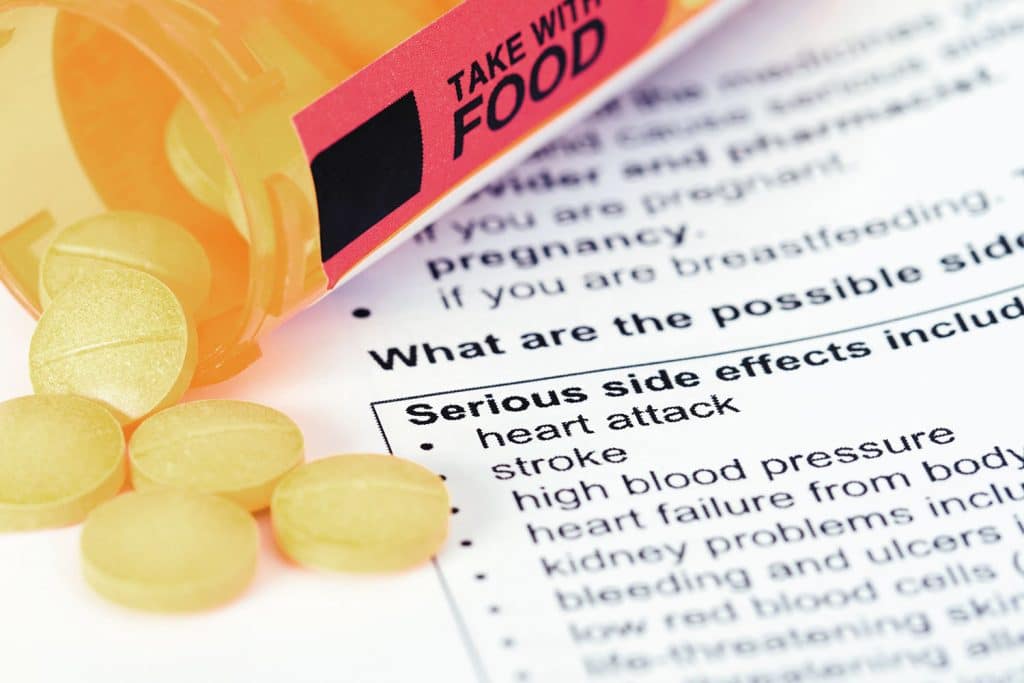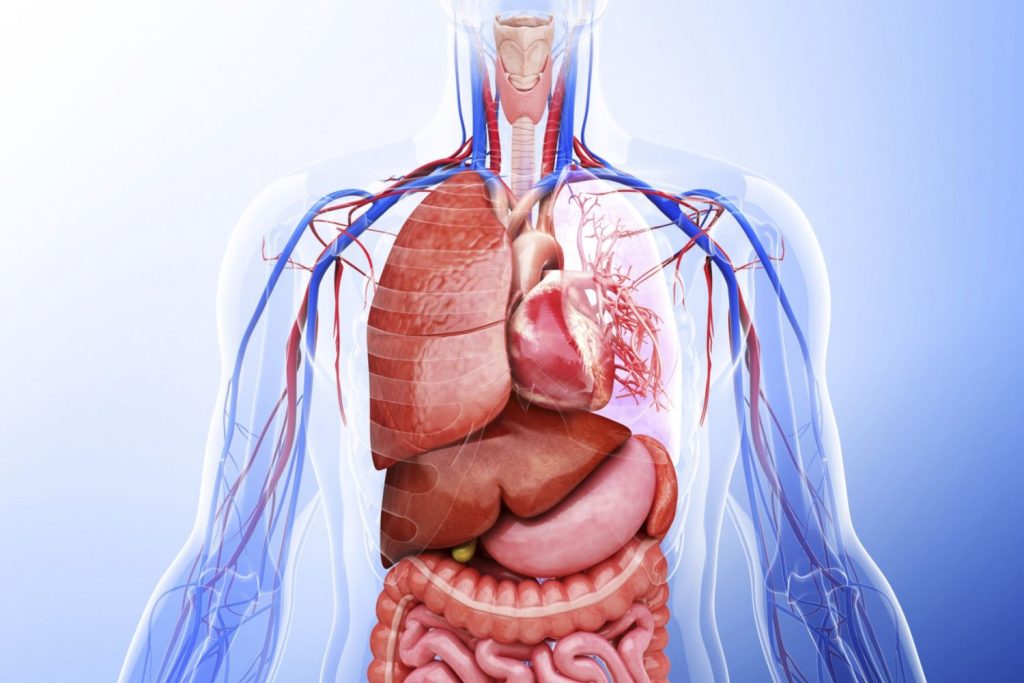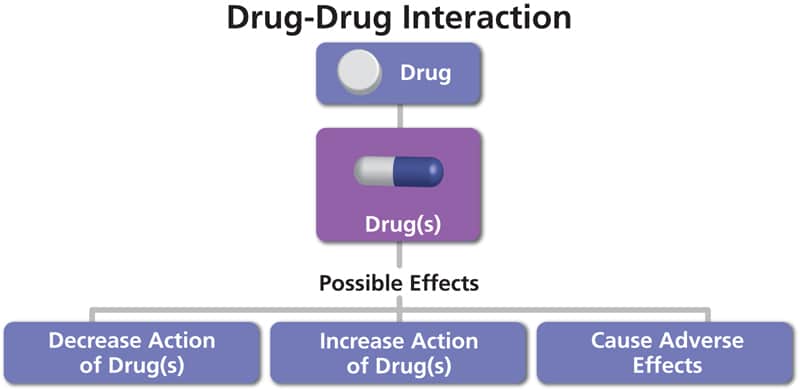Medications are integral to modern healthcare, offering relief and cures for a myriad of conditions. Yet, there’s a growing concern about their potential drawbacks. While they are designed to improve health, certain medications can, paradoxically, lead to adverse health effects. This article delves into this dichotomy, examining how some medications might be detrimental to your health. We’ll explore side effects, long-term impacts, and case studies to understand better when medication intended for healing could potentially harm.
Contents
- Understanding Medication and Its Purpose
- The Dark Side of Medication – Potential Risks
- Case Studies – When Medication Harms Instead of Heals
- The Role of Long-term Medication Usage
- Interactions and Complications
- Recognizing the Signs – When to Seek Help
- Navigating the Healthcare System for Safe Medication Use
- Alternatives to Traditional Medication
- Medication’s Double-Edged Sword
- Related
Understanding Medication and Its Purpose

Medications are substances used for medical treatment, primarily aimed at diagnosing, curing, treating, or preventing disease. They come in various forms like pills, injections, creams, and more, each tailored to specific health needs. The primary roles of medication include managing symptoms of illnesses, treating the illnesses themselves, and, in some cases, preventing diseases from developing or worsening. While the efficacy of medications is widely recognized, it’s essential to understand that their purpose extends beyond immediate symptom relief; they also play a crucial role in maintaining overall health and managing chronic conditions.
Despite the critical role medications play in healthcare, there’s often a lack of awareness about their broader implications. People generally trust in the safety and effectiveness of prescribed medications, sometimes overlooking the potential risks associated with their use. This trust is built on the rigorous testing and approval processes medications undergo, but it’s crucial to remember that each individual’s reaction to a medication can vary greatly. Understanding the full scope of a medication’s purpose and potential effects is the first step towards using them responsibly and effectively.
The Dark Side of Medication – Potential Risks

While medications are designed to bring health benefits, they often come with a risk of side effects and adverse reactions. Side effects are unintended actions of a drug that can range from mild to severe and vary greatly depending on the type of medication, dosage, and individual health factors. Common side effects include nausea, dizziness, fatigue, and more severe reactions like allergic responses or organ damage. Some medications have a known risk for significant adverse reactions, necessitating careful monitoring and management by healthcare professionals.
Beyond immediate side effects, there is also the concern of long-term impacts on health. Certain medications, when used over extended periods, can alter bodily functions or cause damage to organs like the liver, kidneys, and heart. This aspect is particularly concerning for those on chronic medication regimes, where the cumulative effects of the drug can lead to significant health issues. Understanding these potential risks is vital in making informed decisions about medication use and in discussing these concerns with healthcare providers.
Case Studies – When Medication Harms Instead of Heals

Real-life case studies provide insightful examples of when medication results in more harm than healing. Instances where patients have experienced severe side effects or health complications due to medication are not uncommon. For example, certain anti-inflammatory drugs have been linked to an increased risk of heart attack and stroke, while some antidepressants can lead to severe mood swings and behavioral changes. These cases highlight the importance of monitoring and managing medication use carefully.
In addition to specific drugs causing adverse reactions, medication errors also contribute to harmful outcomes. This includes incorrect dosages, improper medication combinations, or prescribing drugs without considering a patient’s full medical history. Such errors can lead to serious health complications, emphasizing the need for meticulous management and open communication between patients and healthcare providers. Understanding these risks and being aware of the signs of medication-related health issues are critical for patient safety and wellbeing.
The Role of Long-term Medication Usage

The long-term use of certain medications can significantly impact an individual’s health, raising concerns about chronic medication regimes. Over time, some drugs can lead to a gradual decline in organ function, create imbalances in bodily systems, or even cause dependency. For instance, long-term use of painkillers like opioids can lead to addiction and decreased efficacy, requiring higher doses for the same pain relief. Similarly, medications such as corticosteroids, when used extensively, can affect bone density and increase the risk of fractures.
The psychological impacts of long-term drug use are also noteworthy. Dependence on medication not only pertains to physical reliance but can also encompass a psychological aspect, where individuals feel unable to function without their medication. This situation can significantly affect the quality of life and mental health, leading to issues like depression and anxiety. Hence, it is crucial to regularly evaluate the necessity of continued medication, considering both its physical and psychological implications.
Interactions and Complications

Medication interactions are a critical aspect of pharmacology that can lead to adverse health effects. When different drugs are taken together, they can interact in ways that diminish their efficacy or produce harmful side effects. For example, certain blood thinners can have dangerous interactions with other medications, leading to an increased risk of bleeding. Similarly, some antidepressants can interact with over-the-counter medicines like pain relievers, causing severe health complications.
Lifestyle factors can also significantly influence the effectiveness and safety of medications. Dietary choices, for instance, can affect how the body processes certain drugs, while habits like alcohol consumption can lead to dangerous interactions and increased side effects. This complexity underscores the importance of holistic health management, where medication is considered alongside lifestyle and dietary habits. Patients must be informed about these potential interactions and encouraged to discuss all aspects of their lifestyle with their healthcare provider.
Recognizing the Signs – When to Seek Help

Understanding the signs and symptoms that may indicate medication-related health issues is vital for timely intervention. Side effects can range from subtle changes, like slight dizziness or changes in appetite, to more severe symptoms, like acute pain, severe allergic reactions, or drastic mood changes. Patients should be educated about these signs and encouraged to monitor their health closely, especially when starting a new medication or altering dosages.
The importance of proactive health monitoring while on medication cannot be overstated. Regular health check-ups and open communication with healthcare providers are essential. Patients should feel empowered to discuss any concerns or unusual symptoms they experience with their doctors. Knowing when to seek help can prevent more severe health complications and ensure that medications are used safely and effectively.

Effectively navigating the healthcare system is crucial for ensuring safe and appropriate medication use. It’s essential for patients to actively engage in conversations with their healthcare providers about their medications. This includes discussing potential side effects, understanding the purpose of each medication, and being clear about dosage instructions. Patients should feel empowered to ask questions and express any concerns they may have about their medication regimen.
The role of pharmacists is also pivotal in managing medication safety. They serve as a valuable resource for information about drug interactions, side effects, and proper medication management. Regular health check-ups and medication reviews with healthcare professionals can help identify potential issues early on. These practices ensure that medications continue to serve their intended purpose without causing undue harm to the patient.
Alternatives to Traditional Medication

Exploring alternatives to traditional medication can be a viable option for some individuals. Lifestyle modifications, such as changes in diet, exercise, and stress management techniques, can significantly improve various health conditions without the need for medication. Additionally, natural remedies and complementary therapies, such as acupuncture, herbal supplements, and yoga, can offer benefits for some conditions. However, it is crucial to approach these alternatives with caution and always under the guidance of a healthcare professional.
The discussion of alternative therapies should not be seen as a complete replacement for traditional medication but rather as a complementary approach. It’s important to balance the benefits of these alternatives with their scientific evidence and potential risks. Patients should avoid self-medicating with over-the-counter or natural remedies without consulting their healthcare provider. Professional guidance ensures that any alternative treatments used are safe and compatible with existing medication regimens.
Medication’s Double-Edged Sword
Medications are a double-edged sword: while they are crucial in treating and managing health conditions, they can also pose significant risks. Awareness of these risks, recognizing signs of adverse effects, and understanding the impact of long-term medication use are vital for anyone taking medication. Effective communication with healthcare providers and a proactive approach to medication management can greatly reduce potential health hazards. As we navigate our health journeys, balancing the benefits and risks of medication remains a critical aspect of achieving optimal health and wellbeing.